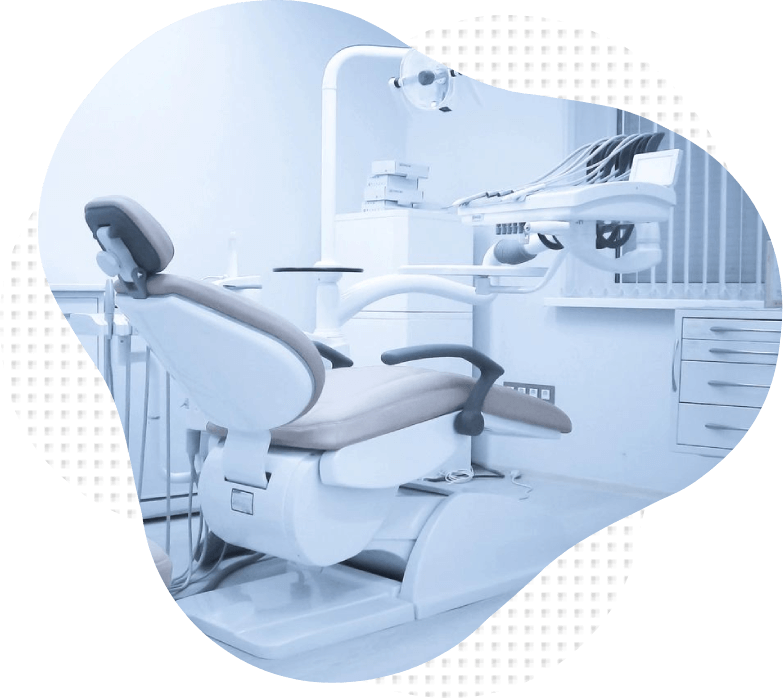Endodontic FAQ

Endodontics is the dental specialty concerned with the treatment of dental pulp. Endodontists perform a variety of procedures, including endodontic therapy (root canal therapy), endodontic retreatment, surgery, treating cracked teeth, and treating dental trauma. Root canal therapy is one of the most common procedures performed. The dental pulp contains nerves, blood vessels, and connective tissue. Bacteria can enter the tooth when problems such as decay and cracks occur, leading the pulp to become diseased or injured. Endodontic treatment is required to save teeth with injured pulps.
Once root canal therapy has been completed, a record of the treatment will be sent to your restorative dentist. You should contact your dentist's office to schedule an appointment for a permanent restoration within a couple of weeks of completion at our office. Your dentist will decide the type of restoration that will best protect your teeth. Complications after endodontic treatment are rare. Please contact our office if a problem does occur.
No. While x-rays are necessary for effective root canal therapy, the digital radiography system we use in our office uses a fraction of the radiation of already low conventional dental x-ray radiography. These digital images can also be altered to enhance their diagnostic capabilities and sent to your dentist to allow effective communication between offices.
No. Westshore Endodontics adheres to the most rigorous standards of infection control advocated by the American Dental Association, the Centers for Disease Control, and OSHA. We use autoclave sterilization, direct surface disinfection and barrier techniques to eliminate any risk of infection. Additional Covid-19 protocols have been implemented.
We use dental operating microscopes to examine the inside of your tooth. This helps us to find and treat all the tiny canals that may be present. We also use digital radiography.
